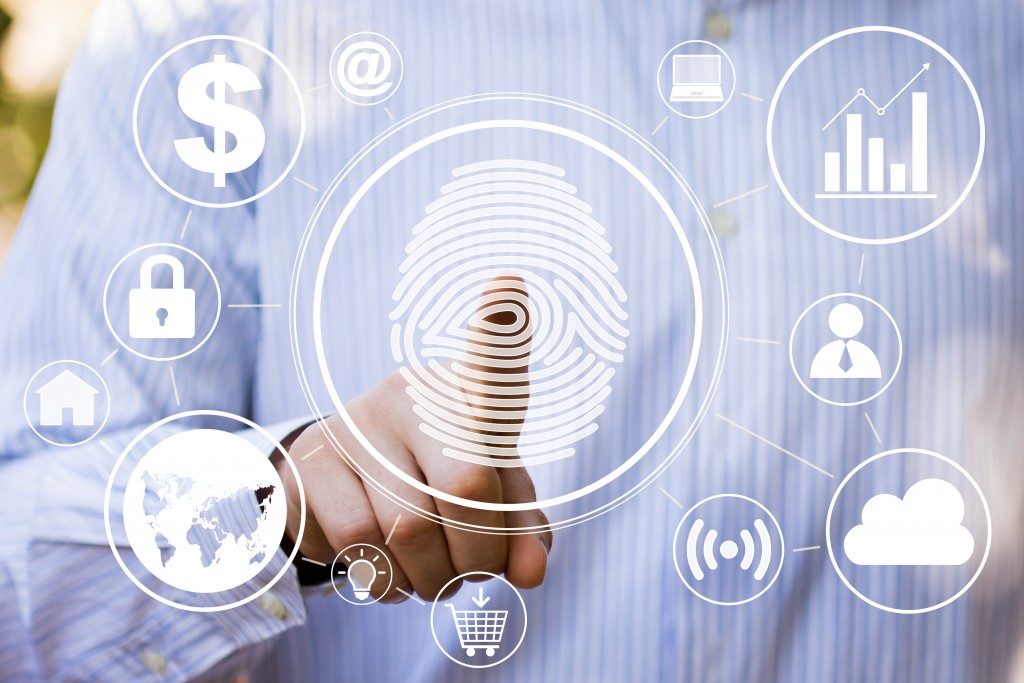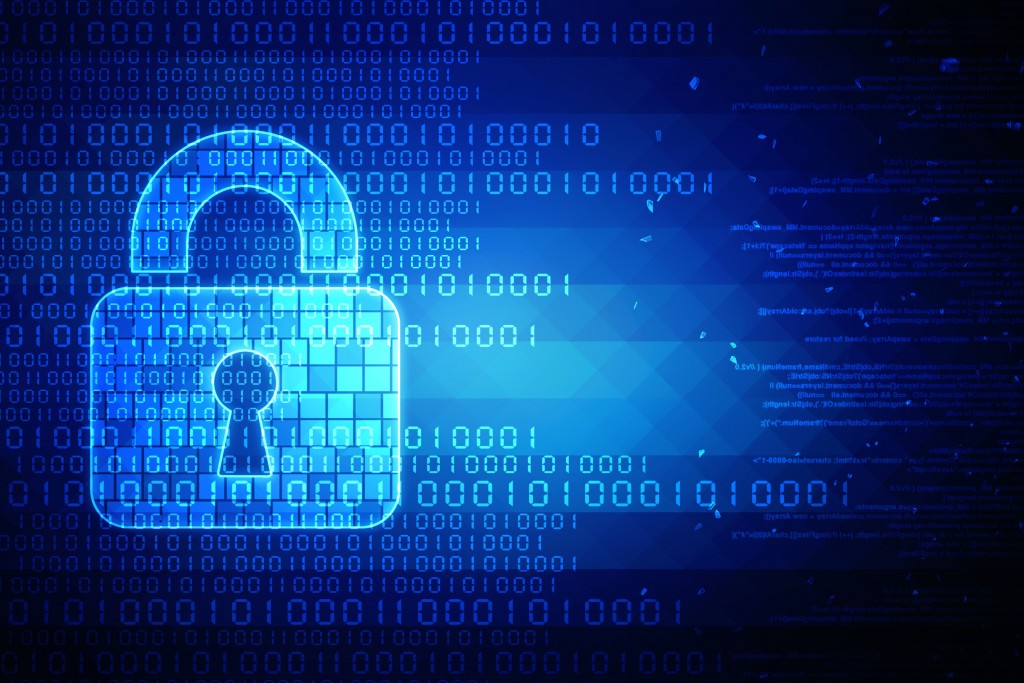When it comes to cyber-attacks, you often see big companies being the victims of stolen private information and other data breaches, resulting in hundreds of millions worth of losses and fines. For small businesses, cyber security is often overlooked or not given that much priority. You probably think that since your business is small and you don’t earn as much as larger businesses and corporations that you wouldn’t be a target of cyber-attacks.
Your Small Business Is A Target, Whether You Like it Or Not
This false sense of security ends up making small businesses more open and vulnerable to attacks. Hackers are more likely to target small and medium enterprises (SMEs) as they usually are less prepared and equipped for a cyber-attacks, and unlike big corporations, SMEs are less likely to bounce back and recover from an attack. 60% of small and medium businesses that are victims of hacks end up closing their business within six months of a cyber-attack.
What Can They Do
Hackers can perform cyber-attacks that could steal information such as business or customer bank accounts, credit card information used in your business (for paying bills or purchasing supplies), and other private information they can profit from. Hackers could exploit weaknesses in your website to steal customer payment data, get unauthorized discounts in your website’s online store, or make your website cease to function. They can also use ransomware to steal or lock your system or data until a ransom is paid. Some may even deface or vandalize your website and its contents.
Now that you’ve come to terms that you are indeed a potential target, let’s take a look at ways you can protect your small business from hackers and cyber-attacks:
Improve Your Passwords

First and foremost, make sure that you use strong passwords for your computers and systems. If the system and your budget permit it, allow for two-method authentication wherein the one accessing the computer or the program needs both the general password and authorization (such as a passcode or randomly generated code that you or someone you trust has access to).
Limit or Protect Access
Limit the people who can access specific programs or systems in your small business. This means that everything should be on a need-to-know basis. Say, if you’re a small vehicle servicing firm, only have office employees or management have the login credentials and passwords to the system, there’s no need for your mechanics to know the password or access customer and financial information.
Secure Your Wifi
Business establishments that provide wifi access to their customers should also be wary, as skilled hackers would be able to access, steal data, or infect any device connected to your wifi network, and could also shut down their connection to your wifi altogether. So, investing in a modem with good wireless security is a must. There is also software that can help regulate and control customers’ wifi access and keep everyone safe.
Train Your Employees
Most of the time, data breaches and cyber-attacks occur due to lack of training or idea about cyber-attacks. So take the time to train your employees in basic cyber security, threats, and your business’ protocols and rules.
Conclusion
Your small business probably has invested in physical security measures such as sturdy locks, window grills, and a security camera. However, cyber-attacks are just as much of a threat as actual burglars, thieves, and vandals. So as much as you invested physical security, you should also invest in cyber security. If you’re unsure of where to start, many cyber security solution providers can professionally and expertly safeguard your business’ operations, customers, and data.








